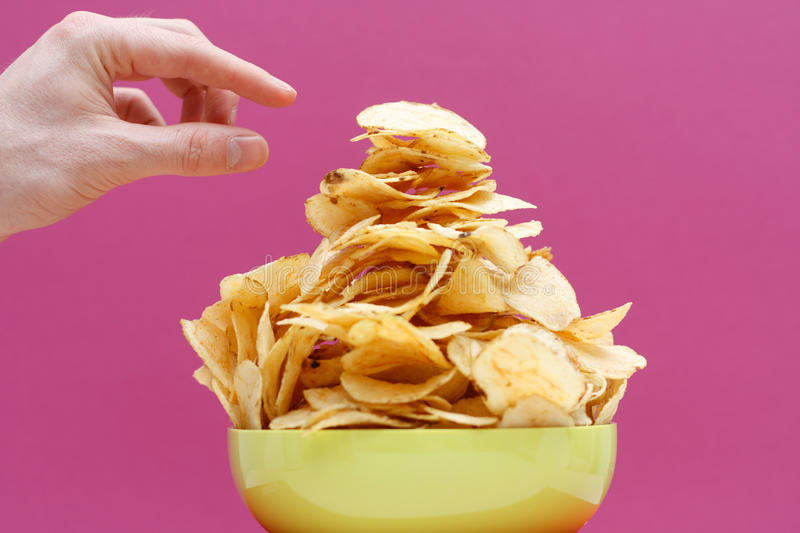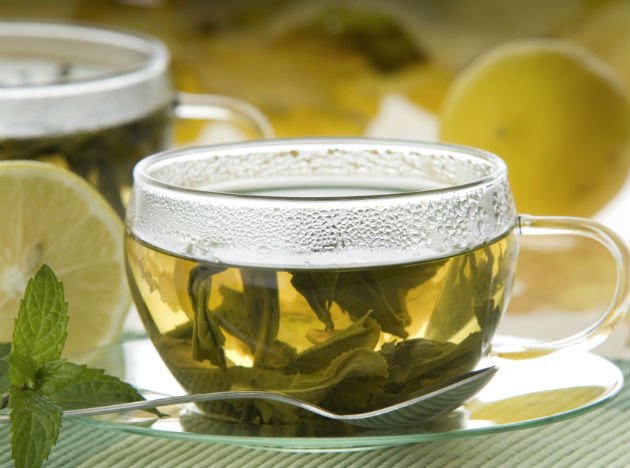Fasting during Ramadan can improve one’s health, if done in the proper manner. Let this season be a time of revival in spirit, soul and body.
“In Ramadan food is eaten only during Suhoor (pre-dawn) and Iftar (at sunset). While it’s a good idea to consume low Glycaemic Index (GI) items, both Suhoor and Iftar should be well-balanced and contain items from each food group, such as vegetables, cereals, meat, dairy products and fruits,
“Suhoor” needs to be wholesome to provide enough energy to last during the long hours of fasting with daily routine work. It is important that the food you consume keeps you hydrated, so pay careful attention to the selection of food-items.
Foods to eat during “Suhoor”
Protein rich food:
Eggs are high in proteins and most nutritious. They not only help you to stay fuller, but can be made in several ways to suit your taste buds.
Fibre rich food:
Oat meal is rich in fibre and a perfect meal your body needs during Suhoor. Soluble fibre turns to gel in the stomach and slows digestion, which helps lower cholesterol and blood glucose, perfect to keep you energized throughout your fast.
Complex carbohydrates:
are foods that are rich in energy but release this energy slowly throughout the day. Examples include whole wheat, oats, beans, and rice.
Calcium and vitamin rich food:
Dairy products are a great source of nutrition. Opt for a yoghurt smoothie or choose a vanilla and honey milk shake to stay full and hydrated throughout the day.
Foods not to eat during Suhoor
Simple or refined carbohydrates:
these are food that last only 3 to 4 hours and they are low in essential nutrients Such as: sugars, white flour, pastries, donuts, and croissants.
Salty food:
imbalance of sodium levels in your body makes you very thirsty while fasting so try to avoid salted nuts, pickles, chips and food that contain soya sauce.
Caffeinated drinks:
Coffee has caffeine which leads to insomnia and restlessness. In addition, it doesn’t hydrate and keeps you longing for water the whole day and may lead to dehydration too.
“While Suhoor is important, eating habits during Iftar cannot be ignored. Hence, it is important during Ramadan to break the fast with a balanced diet ensuring that the essential nutritional needs of your body are met. These include sodium and potassium which are lost due to sweating, especially during summer. This helps restore sugar and salt levels in the body. It also rehydrates the body.
Foods to eat during Iftar
Potassium rich fruits:
Dates are nutrient powerhouses and excellent food-item to break your fast. It not only helps you hydrate quickly, but gives you instant energy to make you feel rejuvenated after the long-hours of fasting.
Sufficient fluids:
Drink as much water or fruit juices as possible between Iftar and bedtime to avoid dehydration.
Raw nuts:
Almonds contain good fats which are essential, particularly when your body has been craving for fats after the long-hours of fasting. It is a perfect Iftar item which helps you feel full and in control, without the need to binge.
Hydrating vegetables:
Cucumbers, lettuce, and other vegetables are high in fibre and loaded with the goodness of hydrating properties. It not only helps your body feel cool, but is also a great choice to keep you skin healthy and avoid constipation during Ramadan.
Foods not to eat during Iftar
Carbonated drinks:
Avoid drinking processed beverages and carbonated drinks. Stick to regular water and or coconut water to soothe your thirst.
High-sugar foods:
High-sugar food items as sweets, chocolates should be avoided. They are instant source of weight gain and can lead to complexities if consumed every day.
Fried-foods:
Greasy and fried food like fried dumplings and samosas should be avoided. Also avoid oily curries and greasy pastries to reap healthy benefits for your body during Ramadan.
It is important to have self-control when you see a good spread of appetizing meal.
Here are a few things to choose from and a Tips to follow:
- Avoid consuming Fried vegetables & juice with added sugar.
- Prefer having Fresh grilled or boiled Fish ,chicken ,legumes ,eggs instead of having fired, fatty or processed meat.
- Try to opt for skimmed or toned milk, yoghurt and cheese for most of your dishes.
- Fresh fruits and natural fruit juice may be consumed in moderation.
- Prefer multigrain or wheat based cereals instead of having refined cereals.
- Choose all fresh vegetables, boiled, baked, steamed or cooked with a little oil and seasoned vegetables or vegetables with lemon juice or a little oil.
Happy Fasting!!!




































Thanks for sharing. I read many of your blog posts, cool, your blog is very good.
Can you be more specific about the content of your article? After reading it, I still have some doubts. Hope you can help me.
Your article helped me a lot, is there any more related content? Thanks!
Can you be more specific about the content of your article? After reading it, I still have some doubts. Hope you can help me.
Your point of view caught my eye and was very interesting. Thanks. I have a question for you.
Thank you very much for sharing, I learned a lot from your article. Very cool. Thanks.
Can you be more specific about the content of your article? After reading it, I still have some doubts. Hope you can help me.
Your point of view caught my eye and was very interesting. Thanks. I have a question for you.
Thanks for sharing. I read many of your blog posts, cool, your blog is very good.
Is Pineal Pure a scam or is it legitimate?: pineal pure scam
Is AppaNail a Scam or Legit?: AppaNail scam
Is MitoThrive a scam, or is it legitimate?: mitothrive scam
Is Cacao Bliss a scam or is it a legitimate product?: Cacao Bliss scam
Can you be more specific about the content of your article? After reading it, I still have some doubts. Hope you can help me.
I don’t think the title of your article matches the content lol. Just kidding, mainly because I had some doubts after reading the article.
Thank you for your sharing. I am worried that I lack creative ideas. It is your article that makes me full of hope. Thank you. But, I have a question, can you help me?
I don’t think the title of your article matches the content lol. Just kidding, mainly because I had some doubts after reading the article.
Your article helped me a lot, is there any more related content? Thanks!
Your point of view caught my eye and was very interesting. Thanks. I have a question for you.
gluco6 reviews : https://gluco6reviews.usaloves.com/
gluco6 reviews : https://gluco6reviews.usaloves.com/
gluco6 reviews : https://gluco6reviews.usaloves.com/
gluco6 reviews : https://gluco6reviews.usaloves.com/
gluco6 reviews : https://gluco6reviews.usaloves.com/
gluco6 reviews : https://gluco6reviews.usaloves.com/
gluco6 reviews : https://gluco6reviews.usaloves.com/
gluco6 reviews : https://gluco6reviews.usaloves.com/
gluco6 reviews : https://gluco6reviews.usaloves.com/
gluco6 reviews : https://gluco6reviews.usaloves.com/
Can you be more specific about the content of your article? After reading it, I still have some doubts. Hope you can help me.
Thanks for sharing. I read many of your blog posts, cool, your blog is very good.
Can you be more specific about the content of your article? After reading it, I still have some doubts. Hope you can help me.